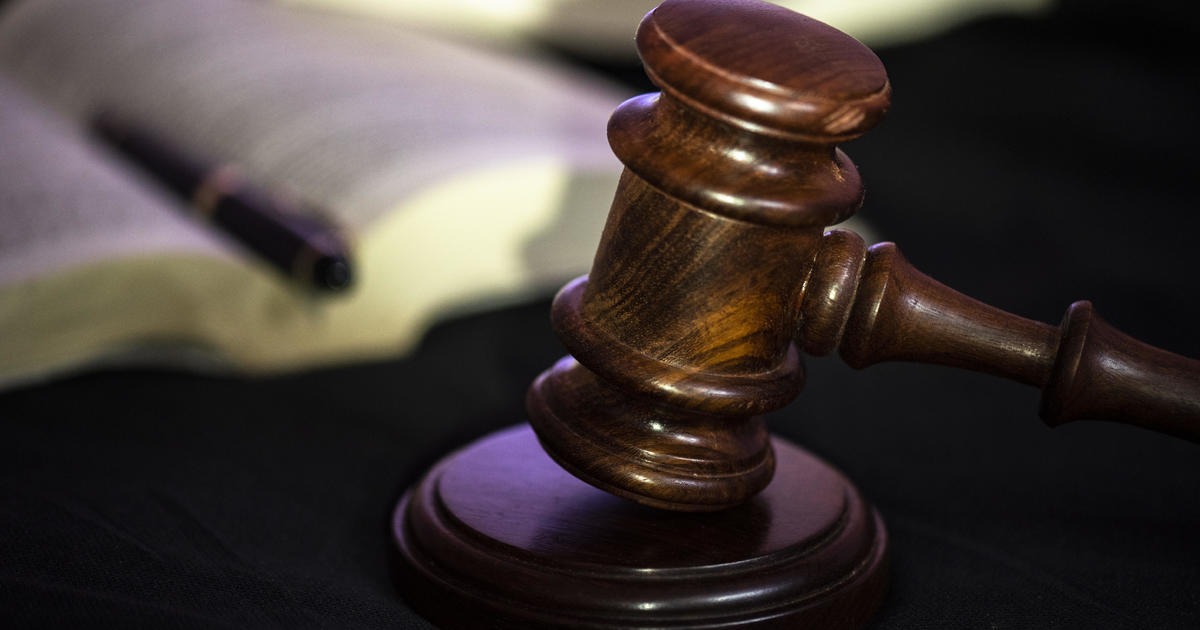"'No' is the easiest lie to tell": A child sex abuse expert on the challenges of coming forward
A new documentary about two men who say Michael Jackson molested them for years is shedding light on why child sex abuse survivors may not come forward. In HBO's "Leaving Neverland" Wade Robson explains the complicated reasons he waited more than two decades to accuse Jackson of abuse after previously denying it for years.
Dr. Veronique Valliere, a clinical psychologist with more than 25 years of experience working with offenders and survivors of child sex abuse, said "'No' is the easiest lie to tell."
"The layers of choice to protect are very deep with victims. There's a self-protection of shame and blame. They may feel responsible or culpable for the abuse, especially if the offender grooms with them saying, 'This is our secret, we'll go to jail.'"
The Jackson family and estate have categorically denied Robson's and James Safechuck's allegations, claiming they were motivated by money and casting doubt on their stories after so many years of denial. They noted that Robson even took the stand and testified in Jackson's defense during his 2005 criminal trial.
It is estimated that one in nine girls and one in 53 boys are sexually abused or assaulted by an adult. Valliere said it's particularly difficult for boys to open up about it.
"Especially when Michael Jackson was being accused, homosexuality was more shameful. There's things that go with boys, including they're not socialized to talk about vulnerability, or they have a greater sexual response. A lot of their sexual abuse doesn't hurt and produces a sexual response in the child which can be very confusing," Valliere said.
In an interview with "CBS This Morning" co-host Gayle King, Robson and Safechuck explained that Jackson led them to believe the alleged abuse was an expression of love. "As Michael started doing these sexual acts, he started talking to me about, God brought us together. We love each other … And this is how we show each other our love," Robson said.
Safechuck said his alleged abuse began similarly and remembers it "In the context of a loving, close relationship … there's no alarm bells going off in your head or any thoughts like that. Really, it's just, 'I love this person and we're trying to make each other happy.'"
Valliere also warns people to be aware of the power of "nice," calling it an "extremely powerful weapon."
"If you don't reciprocate in niceness, it makes you the problem if you're not nice back. … We attribute a lot of character traits and things like kindness and honesty and truthfulness to niceness when niceness is a very superficial behavior," she said.
"When I finally understood how deeply skilled [abusers] are at exploiting and weaponizing things that we consider human, like care and trust and hope and niceness, they exploit all of the things that we consider make us good people."
She has also trained prosecutors and law enforcement on how to interview victims.
The topic of child sex abuse has dominated headlines in recent years, from the avalanche of accusations leveled against priests in the Catholic Church to the hundreds of women who accused former gymnastics doctor Larry Nassar of sexual abuse under the guise of medical treatment.
Valliere offered some tips for parents on how to spot possible abuse.
"Pay attention if someone is paying too much attention to your child. Don't be starstruck by that kind of attention and don't let somebody isolate your child. Look for presents that are unexplained or reluctance with your child to communicate with you or change of attachment. But most of all, understand that parents can be groomed just as well. I mean, they can be manipulated. They can be tricked. And if your gut is telling you something's off, something's off. Don't talk yourself out of that," she said.
She also recommends educating kids about what is healthy in terms of sexuality and avoiding treating sex as if it's a dark secret, which could prevent them from wanting to talk about something that might be happening to them.
"I think children on up need to learn the right words for their body parts so when they tell, no one's confused," Valliere said. "We also have to rid ourselves of this narrative that we have about sexual abuse that it's violent and frightening and easily identifiable, because even adult victims of sexual assault [sometimes] don't know they were sexually assaulted because it doesn't meet their narrative of what rape or assault is."



